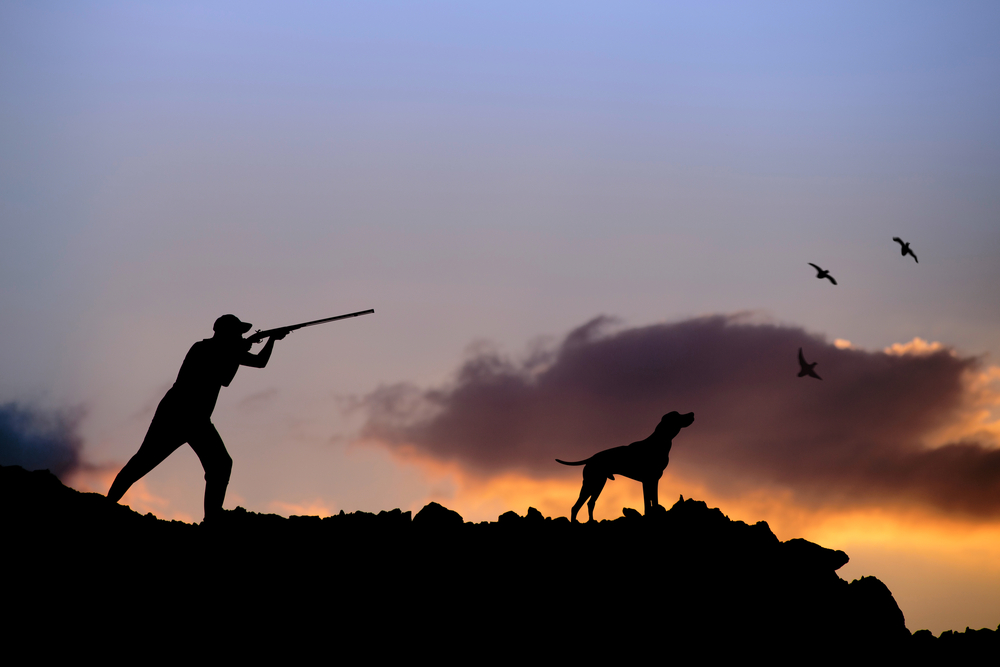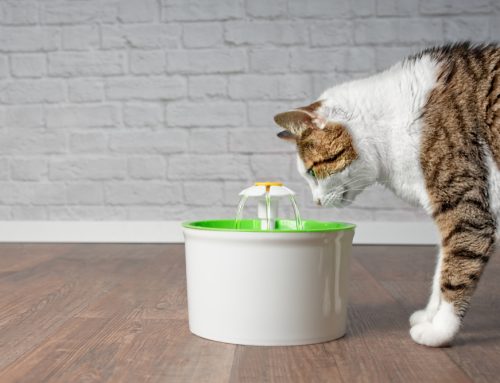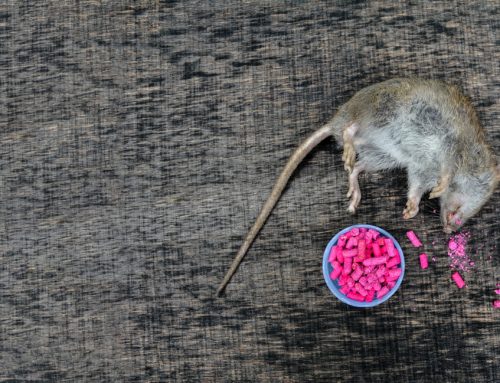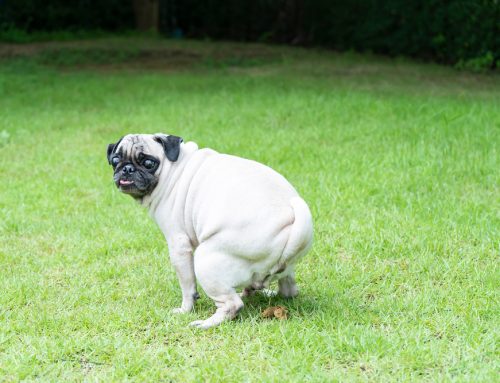Fall means different things for different people—some may conjure images of pumpkins and changing leaves, while others look forward to sweater weather and lattes. For hunters, fall is certainly their favorite time of year, because various hunting seasons are about to open. But the season can be dangerous, not only for working dogs participating in the hunt, but also house pets who will be staying at home. All can be at risk for injuries, with hunting dogs facing additional hazards. The Madison Street Animal Hospital team shares tips to keep everyone safe during the upcoming hunting seasons.
#1: Keep pets on a leash outdoors
Loose pets can wander into active hunting areas or be mistaken for game if they get caught in the wrong place. Gunshots can also startle your pet, who may panic, run away, and become lost. Keep pets close by your side or in a securely fenced area to increase their safety while outdoors. If you live near a hunting area, keep cats indoors or protected inside an outbuilding during peak hours (i.e., dawn and dusk).
#2: Avoid popular hunting areas
In addition to keeping pets on a leash, you should actively avoid hunting areas. Public and private land outside urban centers is fair game, so explore your local parks and residential areas instead.
#3: Increase pet visibility
Orange hunting vests are crucial for any pets, hunting dogs, and people entering wooded areas or on a hunting trip. These help others identify you as a person or pet, and help prevent hunters mistaking your movement for large game, such as deer.
#4: Outfit hunting dogs with protective gear
In addition to brightly colored identification, hunting dogs require chest vests that will help protect them from injury from rough undergrowth and potential foxtails. If your dog swims while hunting, consider a vest that also helps with buoyancy. For foxtail-heavy areas, you can purchase screens that protect your pet’s face and eyes from these burrowing plants.
#5: Carry a pet first aid kit
Cuts, bruises, and scrapes are extremely common in hunting dogs. Carrying a first aid kit ensures you have the supplies to clean and dress wounds in the field and prevent contamination from environmental bacteria. Include saline rinse for eyes and wounds, gauze pads, gauze wrap, elastic bandaging material, tape, and scissors.
#6: Keep pets with noise phobias indoors at dawn and dusk
Most hunting dogs have been specially trained to tolerate gunshots and similar noises, but up to two-thirds of the general dog population suffer from noise phobias. Keep these pets indoors to avoid panic from gunshot noise during peak hunting hours. If you hear frequent shots where you live, talk to our team about reducing your pet’s anxiety.
#7: Microchip your hunting dog and update their ID tags
Hunting dogs frequently venture far from their owners to do their jobs, and occasionally they become lost. A microchip and updated ID tags provide multiple layers of safety to ensure that someone who finds your pet can quickly return them to you.
#8: Protect hunting dogs from extreme hot or cold weather
Heatstroke and hypothermia are serious concerns for hunting dogs in extreme weather conditions. Provide frequent breaks, cool water, and shade, and use cooling products or wet your dog to help them during high heat. For cold weather, ensure your pet has a dry, warm, elevated spot to rest, and that they are dressed appropriately. Watch your pet closely and take them into a temperature-controlled area if they become distressed.
#9: Keep vaccinations and parasite prevention up to date
Hunting dogs are at high risk for tick-borne diseases, including Lyme disease, and leptospirosis, which spread through the urine of infected wildlife and rodents. Keeping them current on vaccinations and parasite prevention products will greatly reduce their risk of these potentially deadly infections.
#10: Keep dogs out of blue-green algae-contaminated waters

Blue-green algae is most common in the warmer southern United States, but algal blooms can be found in any stagnant, warm water. Most algae is harmless, but blue-green algae is toxic and can kill pets only minutes or hours after exposure. Check your local environmental agency website for local algal bloom information before your hunting trip and avoid any scummy or cloudy water that may contain these dangerous plants.
Increased awareness of your surroundings during hunting season is key to pet safety. Working dogs may become overly excited about their jobs, so hunters should pay close attention and ensure their dog takes adequate breaks, stays hydrated, receives appropriate nutrition, and can cool off or warm up as needed.
Before hunting season begins, ensure your dog has maximum protection against environmental risks. Schedule a visit with our Madison Street Animal Hospital team for a wellness exam to ensure your dog is healthy and to update their vaccines and parasite control programs.




















Leave A Comment